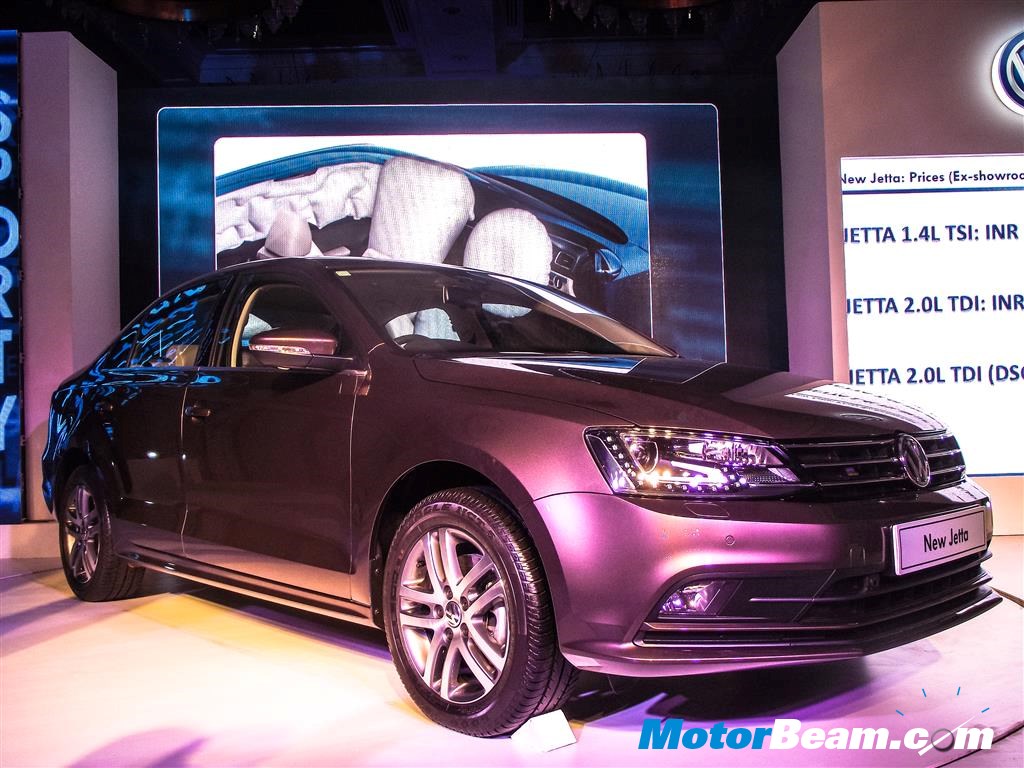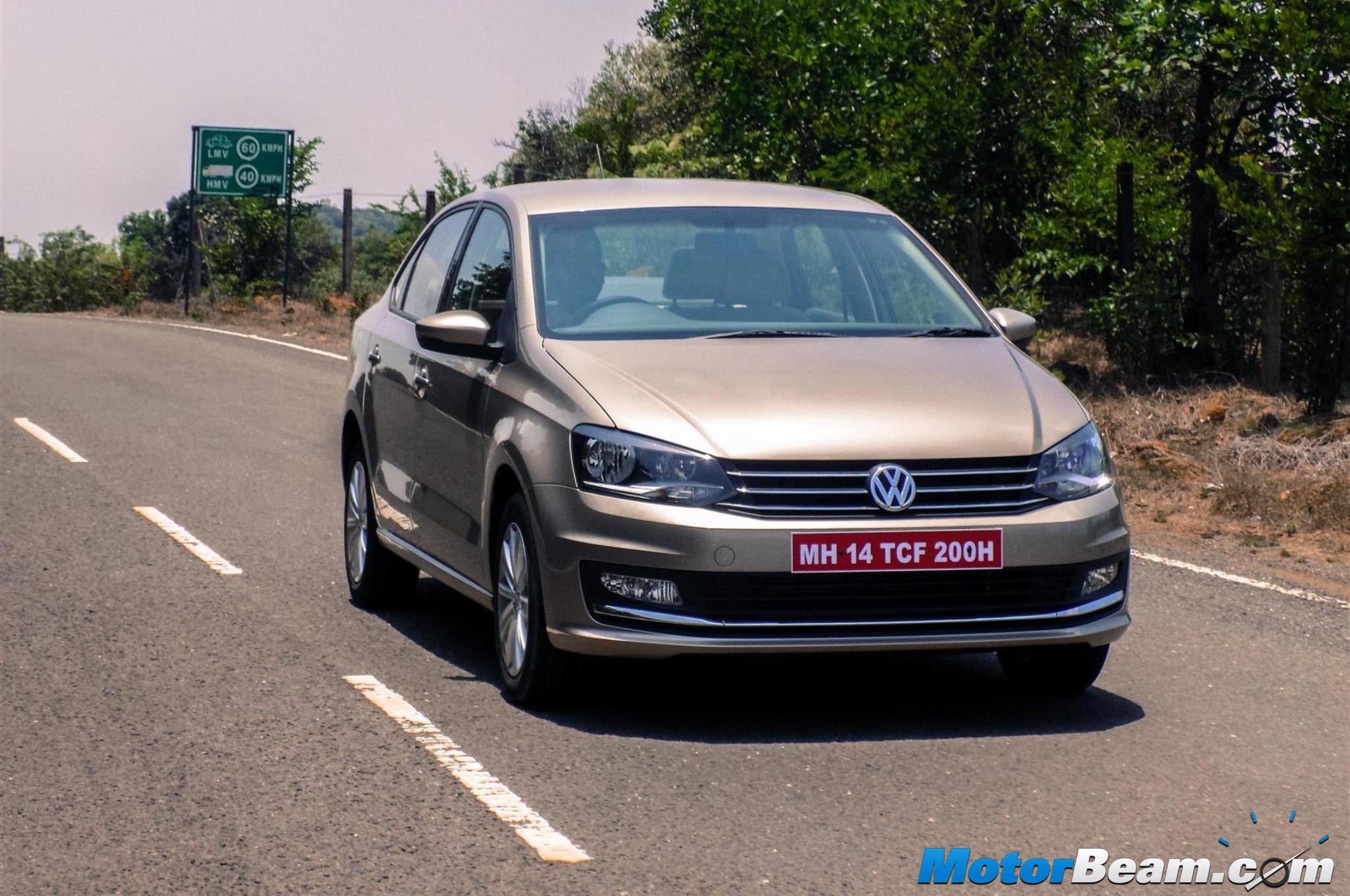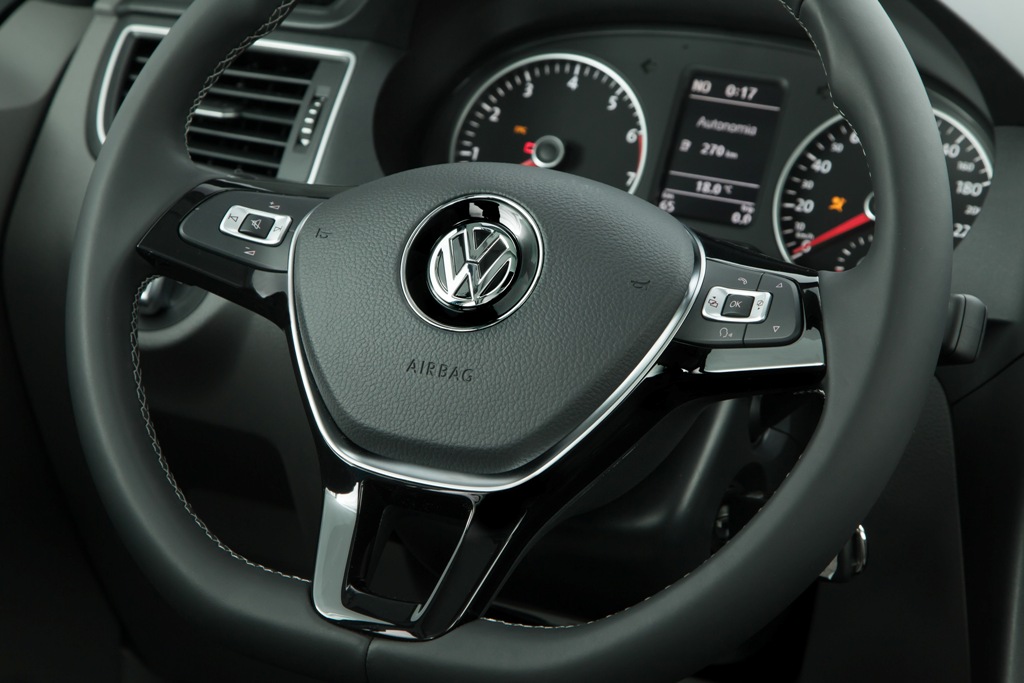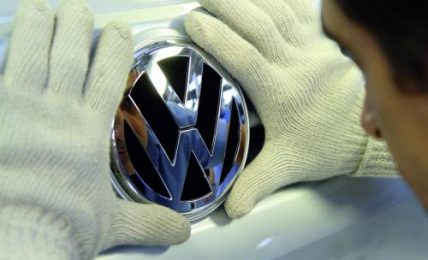Volkswagen will opt for a step-by-step approach for fixing vehicles starting with bigger engines first. ARAI will test the changes and then corroborate them.

Since the dieselgate scandal broke out last year in the United States, Volkswagen has been in damage control mode. The bosses have been pulled up by authorities of various countries, including India, and have been asked to submit effective plans to fix excessive pollution emitting diesel cars. Now the Pune-based Automotive Research Association of India (ARAI) has said that Volkswagen is going to submit its extensive plan to fix emissions issue in its cars by the end of January.
The director of ARAI said that the plan involves model-to-model changes and also suggested that the maximum affected vehicles should be fixed first. After submission of the plan, ARAI will take a month’s time to test and certify the changes. It will then submit its findings to Ministry of Heavy Industries which will approve the plan and thereafter allow Volkswagen to begin the recall of its vehicles.
Earlier, ARAI in its road tests had found that some cars had NOx emissions levels almost 9 times more than laboratory specifications. Volkswagen has however maintained that the vehicles sold in India are not equipped with the defeat device. The company had issued a voluntary recall in December last year which included three lakh vehicles, including cars sold under Skoda and Audi brands, in order to bring them up with “latest technical upgrades”.
It should also be noted that the Unites States and South Korea had concluded that Volkswagen Group’s initial proposals to fix emission issues in its vehicles were inadequate whereas the automaker’s homeland Germany had agreed to its emission fix plan. India has to wait until March as by then ARAI would have completed its testing procedure and will either approve the plan or suggest further improvements.
The infamous VW diesel emission scandal was uncovered last year when Volkswagen Group cars, equipped with EA189 diesel engines were found to emit pollutants ten to forty times higher than the approved limit. Initial expert opinion that possible fix would result in lower fuel efficiency and reduction in power of vehicles angered average consumers and they blamed the German carmaker for cheating. This also resulted in the resignation of Volkswagen CEO, Martin Winterkorn.





